I was on a three-week visit to Israel when the world fell in. I left yesterday, two weeks earlier than planned, with a very heavy heart. It felt wrong to leave my friends and colleagues and the shared solidarity of common fate. But I was realising that concretely I could not do anything to help, especially because of my partner Alain’s needs of care and that instead of helping we might end up being a burden to friends and kind strangers. And they all have already enough to cope with. So we left.
I had several aims in mind for this visit to Israel – beyond, of course, catching up with dear friends and indulging in the tastes and smells of the country – especially of the sea and sand that my body continues to yearn for, in spite of now living away from Israel for more than 50 years. No wonder I’m interested in the embodied and ecological dimensions of the politics of belonging! Indeed, one of my plans has been to lead a workshop on this research work in progress, using the platforms of the Israeli parties in the last Israeli elections as illustrations to help us think about this. I might still get around to writing it up but, of course, the workshop could not take place.
Another aim was to write a blog for Feminist Dissent. I promised my sisters in the editorial collective that I’ll try and update the article I published there a couple of years ago, looking at the combined effects of religionization and neoliberalisation of Israel on the position of women https://journals.warwick.ac.uk/index.php/feministdissent/article/view/760.
Since the last elections and the rise of the most extreme right religious fundamentalist coalition government, gendered discriminations have continued to escalate quickly, from preliminary passing a bill in the Israeli Knesset to dismantle the governmental authority for gender equality https://www.jpost.com/israel-news/politics-and-diplomacy/article-749802 to bus drivers in the civil society ordering women and girls to sit at the back of the bus to keep the principle of sexual segregation https://www.haaretz.com/israel-news/2023-08-13/ty-article/.premium/israeli-public-bus-driver-tells-girls-to-cover-up-sit-in-back-youre-in-a-jewish-state/00000189-ef29-db6f-a1e9-efbf9a9c0000.
A week before I arrived, a fundamentalist missionary group, one of those which have been getting established in all the main Jewish and mixed urban centres in Israel, tried to divide by rope men and women in Kikar Disengoff, which is one of the main public spaces in secular Tel Aviv, effectively to impose leading a sexually segregated religious service there. The people in the street objected to such imposition and managed to dismantle the ad hoc structures they had set up, although in other public spaces no such effective opposition took place. Last Saturday there was going to be another confrontation around the Hakafot which takes place in Simkhat Tora, the last day of the Jewish High holidays, which involves dancing with Torá scrolls by men. The fundamentalists wanted to bring this practice to the same public space and there was going to be another confrontation.
More and more secular Israelis have started to realise that these orthodox forces represent a very concrete threat to their way of life – this is something that we’ve been arguing in Women Against Fundamentalism and in Feminist Dissent since the late ‘80’s, pointing out that the first focus of fundamentalists is always on the gender social order.
I was conflicted, though, because at the same time that Saturday evening was going to take place the 40th continuous Saturday evening demonstrations of the protest movement against Netanyahu and the government, in its usual location, the area around Kaplan Street. I was keen to go there as well, to meet and catch up with friends from ‘The Bock Against the Occupation’, whose stance, unlike the majority of the demonstrators, is not only against the assault on the judiciary by the regime but also against the Israeli occupation and apartheid regime. I also wanted to ascertain the extent to which there had been progress on the understanding by the majority of the demonstrators, that democracy cannot be achieved without also challenging the wider issues concerning the occupation of Palestine. I was wondering whether there was in fact further fragmentation between those of us who understand that there cannot be democracy for Jews only and the majority in the protest movement who want to return to the status quo, of living in the bubble of a liberal society that both exists within and benefits from the regime of settler colonialism.
But I never got to attend either of these social and political encounters, as they never did take place. On Saturday morning we woke up to an unfamiliar sound. We had been staying in an Airbnb in Allenby street where they were working during the nights to build an urban ‘light train’. The noise made our stay there impossible and we were going to move from there the next day. But this time the noise was different. Alain identified it as sirens; they were of a different sound to those that haunted my childhood from the 1948 to 1967 wars. He was right. Shortly afterwards we heard explosions nearby. It was the start of another October war in which Israel had been taken by surprise. It is almost 50 years to the day since the 1973 war. Except that this time Israel has been even less prepared. Army units that used to guard border settlements in Southern Israel were moved after the new government came to power to protect and support the settlers in the West Bank. The people in the Southern settlements were told that the hi-tech fence which was very expensively built along the border with Gaza will guard them effectively. The move was, of course, aimed at aiding and abetting the ethnic cleansing that has been going on in the West Bank which, incidentally (or, rather, intentionally) is continuing whilst the media’s attention has shifted towards Gaza and the northern fronts with on-going daily killings.
I won’t repeat here what has happened to the thousands of people – mostly Israeli Jews but also some Palestinians as well as foreign agricultural workers – mainly from Thailand, who were chased, killed, tortured and kidnapped, by Hamas’ units who used innovative and creative methods to invade unhindered the borders from at least 80 different breaking points of that supposedly invincible hi tech fence as well as from the air and sea. The images and the horror stories described by survivors will not leave my mind and come back to haunt me whenever I shut my eyes. This is the biggest butchery that has taken place in the history of the Israeli Palestinian conflict since the beginning of the Zionist settlement against either Jews or Palestinians. But, of course, this is not the way to assess this event, because the cumulative deaths and torture as well as dispossession and occupation that has occurred since before the Nakba involving the Palestinians tell a very different story. And as I’ve written more than once, identity politics based on competitive ‘Oppression Olympics’ are extremely dangerous and misleading. What is happening to the Palestinians in Gaza, ‘the largest open air prison in the world’ for years now might help us to explain what happened on Saturday but in no way to justify it or not be shocked by it.
Unsurprisingly, the protest movement has stopped – at least for now – and all pilots and other soldiers who threatened to refuse to serve in the military are now serving in the war. Moreover, during the chaos of the first two days, when no weapons or food were supplied to the Southern settlements, it was those who’d been organising the mainstream protest movement so efficiently who, using the same organisational capacities learned at the time they were in the military, took over supplying food and drink to the abandoned Southern population.
Ironically, the Knesset, the Israeli parliament, was scheduled to discuss another of its controversial laws this week, the demand by the ultra-Orthodox parties that their sons should not be called to serve in the military as they save Israel by their sacred pray and study. (Their daughters, unlike secular Israeli Jewish 18-year-old girls, are already exempted.) Among the many flyers flooding Israeli social media, I saw one asking families to send them the first names of their soldier sons so that they can allocate an Avrekh (a Yeshiva student) to each soldier to pray for him and thus ‘together we’ll win the war’. Indeed.
Since I left Israeli shores, the leader of the Israeli opposition, the retired general Ganz has joined the government without demanding that any of the fundamentalist parties will be moved from it. Some say he’s there so that the Americans will have at least somebody they trust in the cabinet. Some say that part of the reason there was very little weaponry originally in Southern Israel is not only because they were redirected to the West Bank but that some were also redirected to Ukraine. How much this plays with Biden’s abandonment of any attempts to criticise or control Netanyahu and willing to back whatever nonsensical revenge Israel chooses to embark on, rather than a coherent strategic response, is unimportant in this moment.
What is important is that the Israeli Chief Commander called the Palestinians ‘human animals’ that are not entitled to any basic human rights, and that he was not censored for this either by his government or by any of the western ones who have expressed uncritical support for Israel. Indeed, the latest news which are coming from the war zone indicate that all provisions necessary for continuous life, from shelter to water are being quickly becoming unavailable to the inhabitants of Gaza. This needs to be urgently stopped.
We know – as we’ve recently seen in the Ukraine – when wars start but cannot predict how long they’ll take to end. Of course, Palestine-Israel has been in a state of war for more than a hundred years by now. But this is a new and dangerous stage that can reverberate not only across the region by across the globe. But most immediately, I think of another flyer I’ve seen on Israeli social media, one which calls Jews to seize the opportunity to arm themselves and remove all Arabs, in Israel as well as in the West Bank. Israeli necropolitics is expanding by leaps and bounds. I feel so helpless and haunted.
Author
-
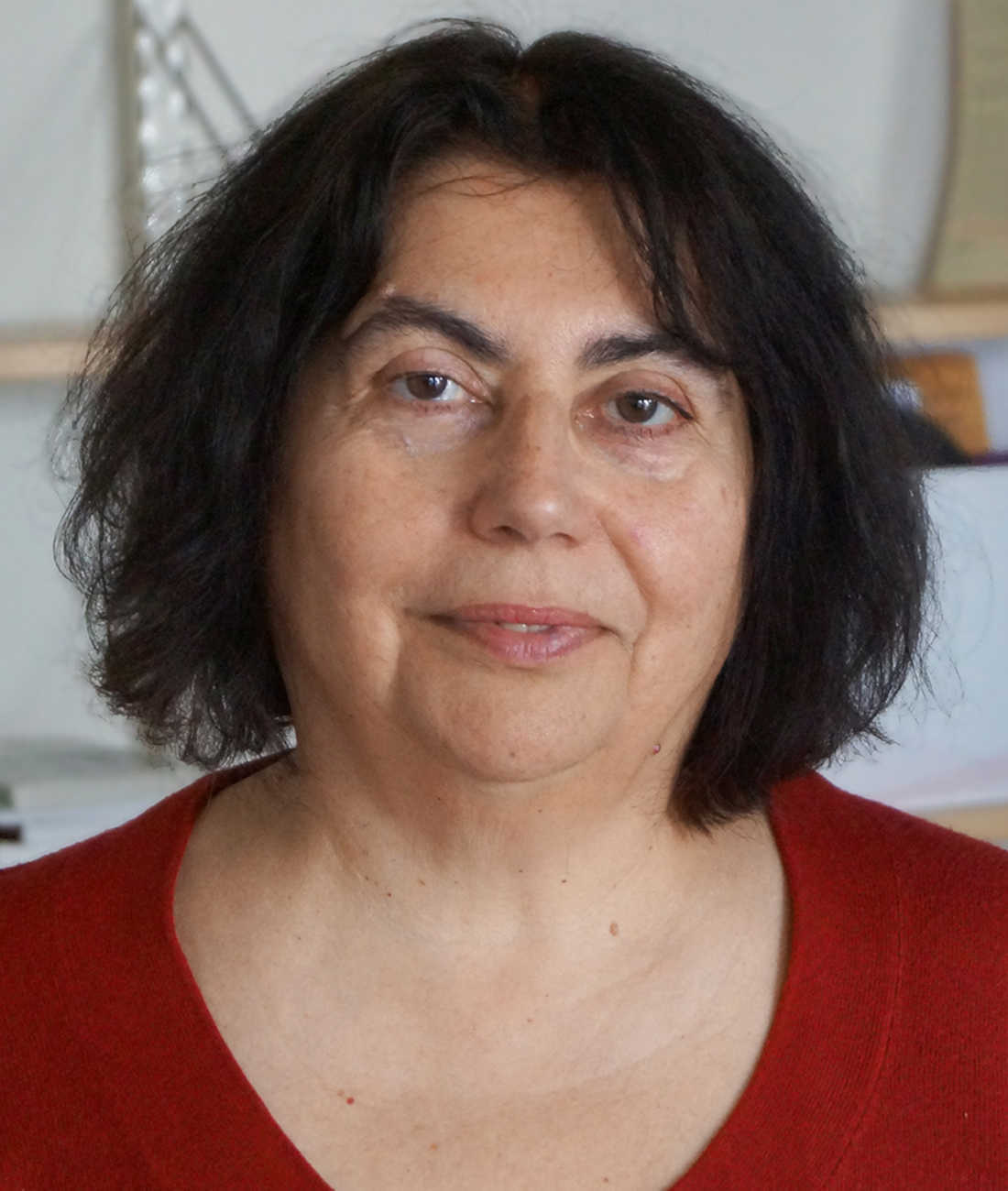
Nira Yuval-Davis is an editorial collective member of Feminist Dissent. She is Professor Emeritus, Honorary Director of the Research Centre on Migration, Refugees and Belonging (CMRB) at the University of East London. She has been the President of the Research Committee 05 (on Racism, Nationalism, Indigeneity and Ethnic Relations) of the International Sociological Association, founder member of Women Against Fundamentalism and the international research network on Women In Militarized Conflict Zones and has acted as a consultant for various UN and human rights organisations. She won the 2018 International Sociological Association Distinguished Award for Excellence in Research and Practice. She has written widely on intersected gendered nationalisms, racisms, fundamentalisms, citizenships, identities, belonging/and everyday bordering as well as on situated intersectionality and dialogical epistemology. Among her books are Woman-Nation-State, 1989, Racialized Boundaries,1992, Unsettling Settler Societies, 1995, Gender and Nation, 1997, The Warning Signs of Fundamentalism, 2004, The Politics of Belonging: Intersectional Contestations, 2011, Women Against Fundamentalism, 2014 and Bordering (2019). Her works have been translated into more than ten languages.
View all posts

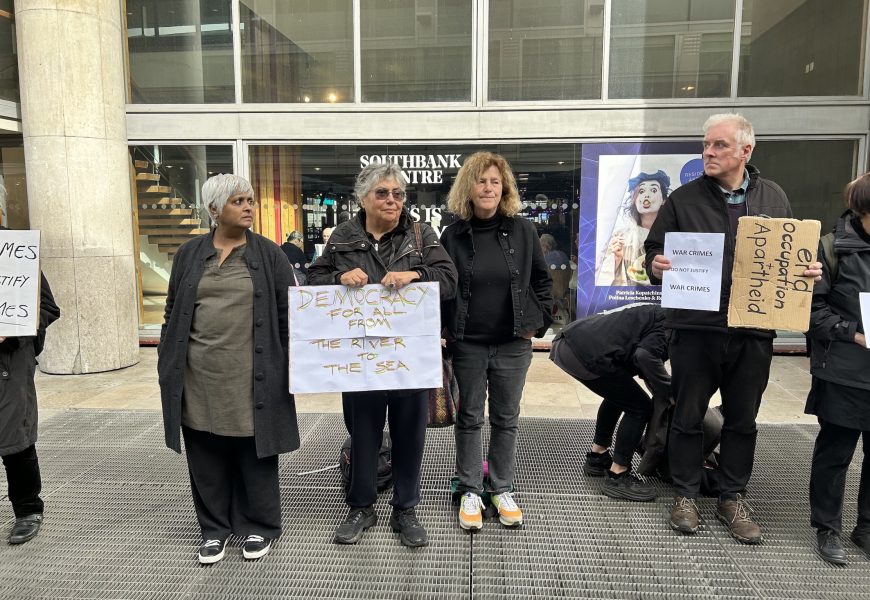
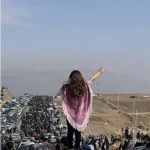
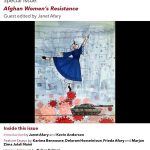
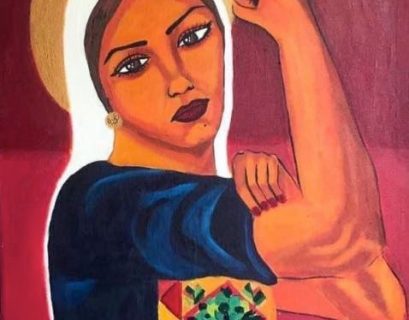
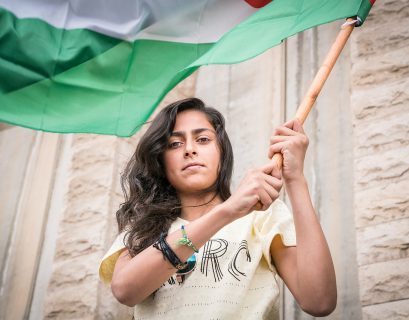
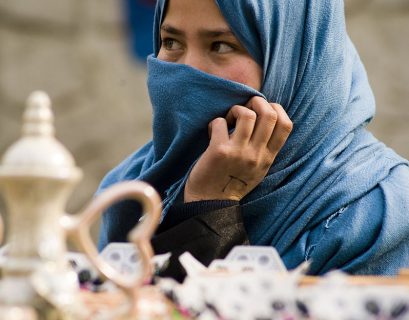

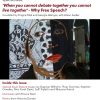
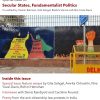
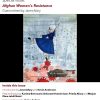

.jpg)

